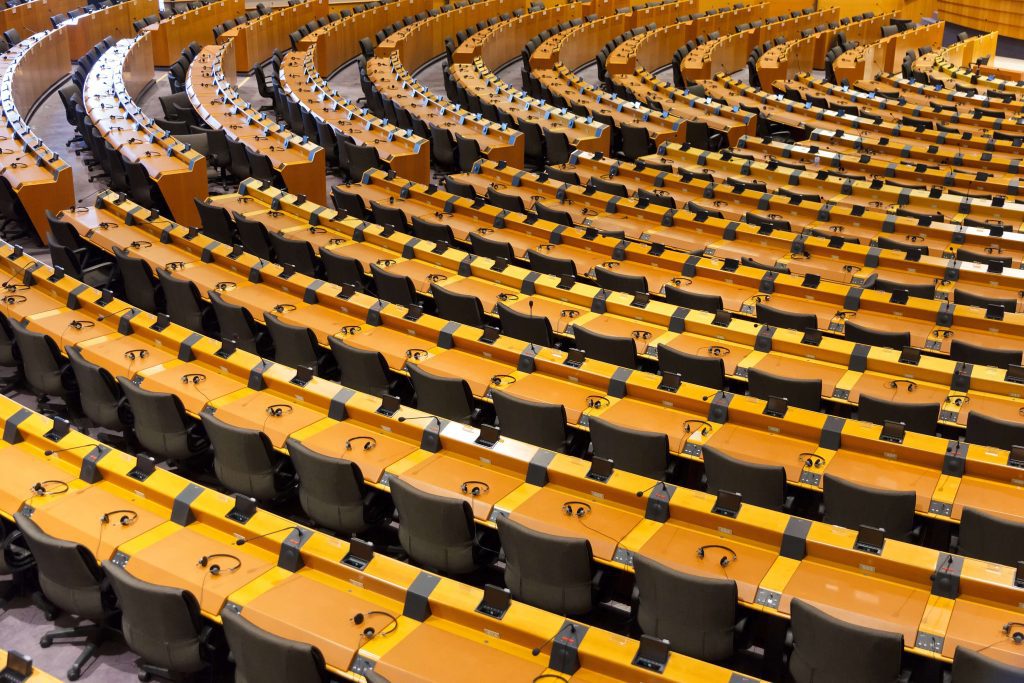Op-ed: Avoiding a war is more effective in terms of ESG than installing km2 of Chinese photovoltaic panels
Op-ed by Laurent Dubois, Managing Director of Private Debt at Sienna IM.
How many project leaders in the defence industry have been politely refused by potential funders on the grounds that “this project does not correspond to our ESG policy”? Do these same censors refuse to finance Canadairs and other water bombers, when they are major emitters of greenhouse gases and turn a blind eye to the ravages of future fires in a world that makes them predictable and destructive?


